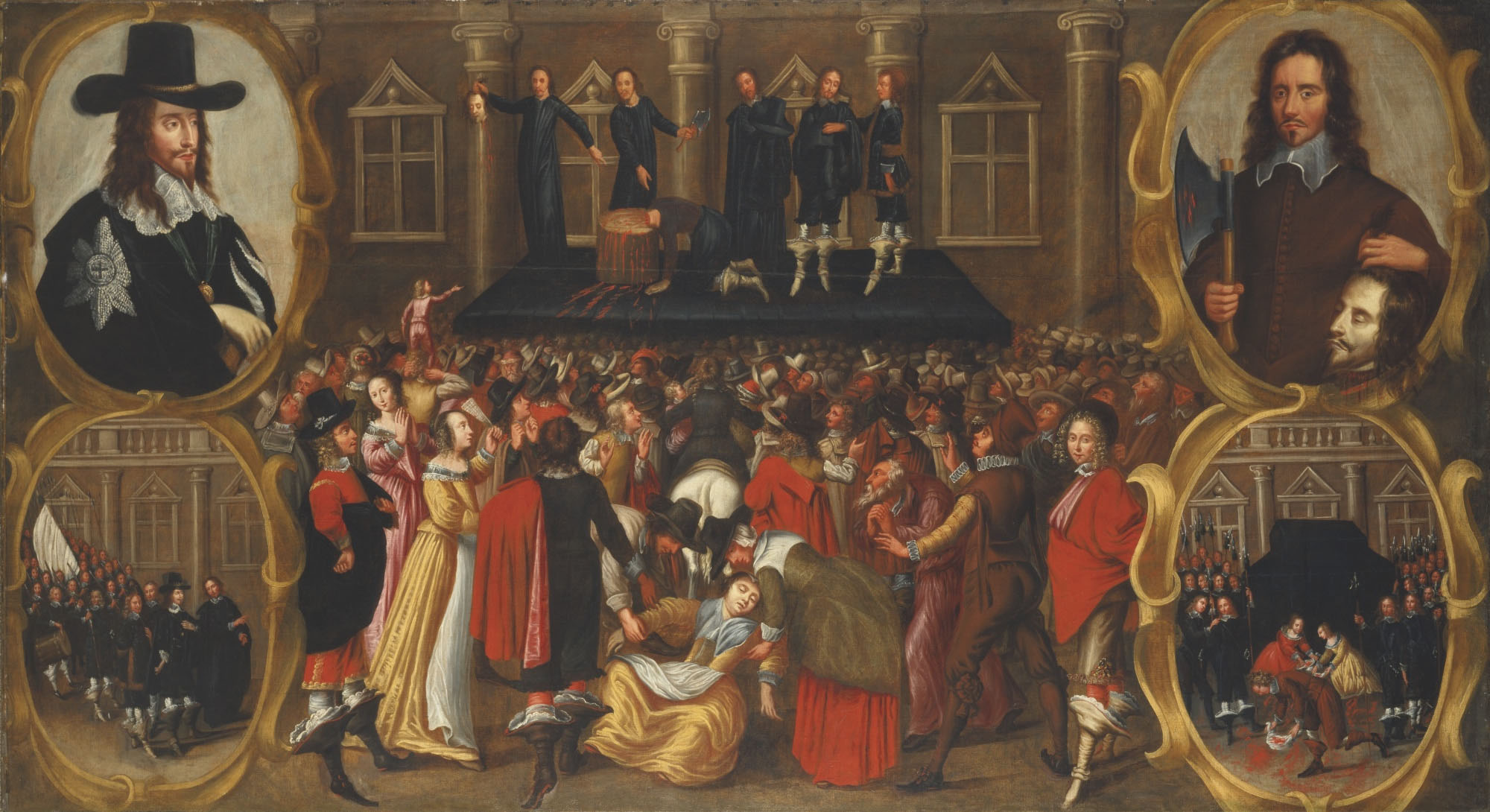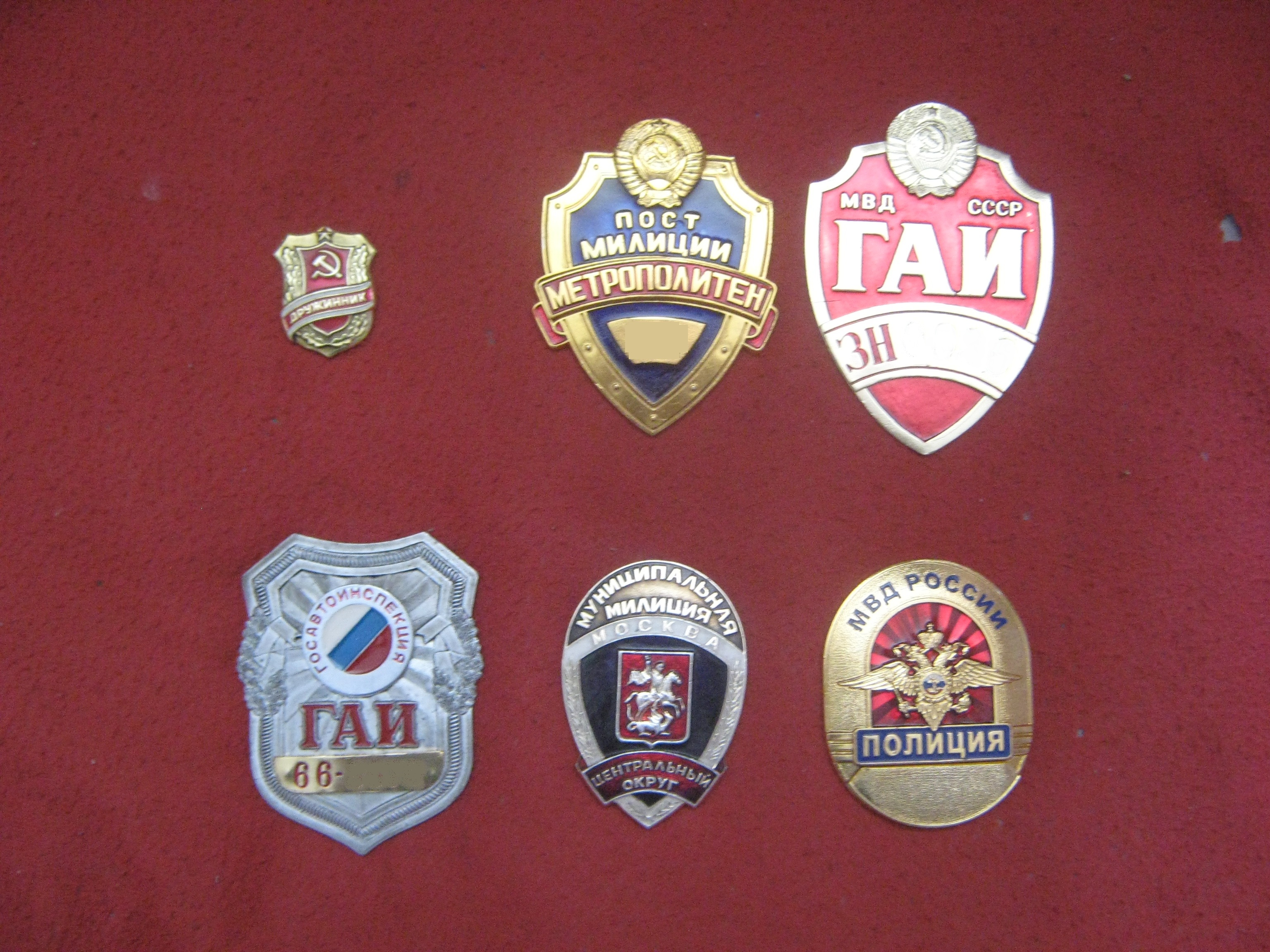|
Nikolay Tolmachyov
Nikolai Gurevich Tolmachyov (russian: Никола́й Гу́рьевич Толмачёв) (November 12, 1895 – May 26, 1919) was a Russian Bolshevik revolutionary and participant of the February and October Revolutions, the Civil War. He was a political worker of the Red Army and one of the first military commissars. Biography Born in 1895 in Yekaterinburg. From 1912 he studied at the Saint Petersburg Polytechnic Institute. Member of the Russian Social Democratic Labor Party (Bolsheviks) since 1913. Participated in the revolutionary movement. For participation in the May Day demonstration in 1913 he was arrested. In 1914–15, he was a member of the Vyborg District Committee of the Russian Social-Democratic Labor Party, and edited the newspaper Proletarian Voice. In 1916, on the instructions of the Russian Bureau of the Central Committee of the Russian Social-Democratic Labor Party, he conducted party work in the Urals. Participant of the February Revolution of 1917 in Petrog ... [...More Info...] [...Related Items...] OR: [Wikipedia] [Google] [Baidu] |
Yekaterinburg
Yekaterinburg ( ; rus, Екатеринбург, p=jɪkətʲɪrʲɪnˈburk), alternatively romanized as Ekaterinburg and formerly known as Sverdlovsk ( rus, Свердло́вск, , svʲɪrˈdlofsk, 1924–1991), is a city and the administrative centre of Sverdlovsk Oblast and the Ural Federal District, Russia. The city is located on the Iset River between the Volga-Ural region and Siberia, with a population of roughly 1.5 million residents, up to 2.2 million residents in the urban agglomeration. Yekaterinburg is the fourth-largest city in Russia, the largest city in the Ural Federal District, and one of Russia's main cultural and industrial centres. Yekaterinburg has been dubbed the "Third capital of Russia", as it is ranked third by the size of its economy, culture, transportation and tourism. Yekaterinburg was founded on 18 November 1723 and named after the Russian emperor Peter the Great's wife, who after his death became Catherine I, Yekaterina being the Russian for ... [...More Info...] [...Related Items...] OR: [Wikipedia] [Google] [Baidu] |
Vyborg
Vyborg (; rus, Вы́борг, links=1, r=Výborg, p=ˈvɨbərk; fi, Viipuri ; sv, Viborg ; german: Wiborg ) is a town in, and the administrative center of, Vyborgsky District in Leningrad Oblast, Russia. It lies on the Karelian Isthmus near the head of the Vyborg Bay, to the northwest of St. Petersburg, east of the Finnish capital Helsinki, and south of Russia's border with Finland, where the Saimaa Canal enters the Gulf of Finland. The population of Vyborg is as follows: Located in the boundary zone between the East Slavic/Russian and Finnish worlds, formerly well known as one of the few medieval towns in Finland, Vyborg has changed hands several times in history, most recently in 1944 when the Soviet Union captured it from Finland during World War II. Finland evacuated the entire population of the city and resettled them within the rest of the country. On March 25, 2010, Dmitry Medvedev named Vyborg the " City of Military Glory". In Russia, a city can be ... [...More Info...] [...Related Items...] OR: [Wikipedia] [Google] [Baidu] |
Nicholas II
Nicholas II or Nikolai II Alexandrovich Romanov; spelled in pre-revolutionary script. ( 186817 July 1918), known in the Russian Orthodox Church as Saint Nicholas the Passion-Bearer,. was the last Emperor of Russia, King of Congress Poland and Grand Duke of Finland, ruling from 1 November 1894 until his abdication on 15 March 1917. During his reign, Nicholas gave support to the economic and political reforms promoted by his prime ministers, Sergei Witte and Pyotr Stolypin. He advocated modernization based on foreign loans and close ties with France, but resisted giving the new parliament (the Duma) major roles. Ultimately, progress was undermined by Nicholas's commitment to autocratic rule, strong aristocratic opposition and defeats sustained by the Russian military in the Russo-Japanese War and World War I. By March 1917, public support for Nicholas had collapsed and he was forced to abdicate the throne, thereby ending the Romanov dynasty's 304-year rule of Russia (1613� ... [...More Info...] [...Related Items...] OR: [Wikipedia] [Google] [Baidu] |
Regicide
Regicide is the purposeful killing of a monarch or sovereign of a polity and is often associated with the usurpation of power. A regicide can also be the person responsible for the killing. The word comes from the Latin roots of ''regis'' and ''cida'' (''cidium''), meaning "of monarch" and "killer" respectively. In the British tradition, it refers to the judicial execution of a king after a trial, reflecting the historical precedent of the trial and execution of Charles I of England. The concept of regicide has also been explored in media and the arts through pieces like ''Macbeth'' (Macbeth's killing of King Duncan) and '' The Lion King''. History In Western Christianity, regicide was far more common prior to 1200/1300. Sverre Bagge counts 20 cases of regicide between 1200 and 1800, which means that 6% of monarchs were killed by their subjects. He counts 94 cases of regicide between 600 and 1200, which means that 21.8% of monarchs were killed by their subjects. He a ... [...More Info...] [...Related Items...] OR: [Wikipedia] [Google] [Baidu] |
Alexander Dutov
Alexander Ilyich Dutov () (, Kazalinsk, Russian Empire – 7 February 1921, Shuiding, China) was one of the leaders of the Cossack counterrevolution in the Urals, lieutenant general (1919). Dutov was born in Kazalinsk in Syr-Darya Oblast (now Kazaly in Kazakhstan). He graduated from and , now Military engineering-technical university (Russian Военный инженерно-технический университет), and General Staff Academy (1908). He was assistant commander of the Cossack regiment during World War I. After the February Revolution, Dutov was appointed head of the All-Russian Cossack Army Union, then chairman of the counterrevolutionary All-Russian Cossack Congress (June, 1917), and then Chief of the Army Administration and ataman of the Orenburg Cossack Army (September). In November 1917, Dutov raised a revolt against the Soviet authorities in Orenburg. In June 1918, Dutov, with the help of the Czech Legion, organized a struggle for complete t ... [...More Info...] [...Related Items...] OR: [Wikipedia] [Google] [Baidu] |
Prikamye
Prikamye (Russian: Прикамье) is a region near the Kama river to the west of the Ural Mountains. The literal translation of the name "Prikamye" is an area near the Kama river. The word "Prikamye" is often used as synonym of Perm Krai. External links Heritage of Perm Regions of Russia Geography of Perm Krai {{PermKrai-geo-stub ... [...More Info...] [...Related Items...] OR: [Wikipedia] [Google] [Baidu] |
Soviet (council)
Soviets (singular: soviet; rus, сове́т, sovét, , literally "council" in English) were Political organisation, political organizations and governmental bodies of the former Russian Empire, primarily associated with the Russian Revolution, which gave the name to the latter state of the Soviet Union. Soviets were the main form of government in the Russian Soviet Federative Socialist Republic, Russian SFSR, Makhnovshchina, Free Territory, and to a much lesser extent were active in the Russian Provisional Government. It also can mean any workers' council that is Socialism, socialist such as the Irish soviets. Soviets do not inherently need to adhere to the ideology of the later Soviet Union. Etymology "Soviet" is derived from a Russian language, Russian word meaning council, assembly, advice, harmony, or concord, uk, рада (''rada''); pl, rada; be, савет; uz, совет; kk, совет/кеңес; ka, საბჭო; az, совет; lt, taryba; ro, soviet (Mo ... [...More Info...] [...Related Items...] OR: [Wikipedia] [Google] [Baidu] |
Red Guards (Russia)
, war=The Russian Revolution of 1917 and Russian Civil War , image= , caption= Red flags were used by guards in several modifications and variations , active=1917–1918(became core units of the Red Army) , ideology=Communism , position=Far-left , leaders=RSDLP(b) and Soviets , clans= , headquarters=Every major city , area=Russian Soviet Federative Socialist Republic and Russian Republic , size= , partof=Red Army (since January 1918) , predecessor= , allies= several communist states , opponents= Russian Provisional Government White MovementEntente Pro-independence movements in Russian Civil War , battles=October RevolutionRussian Civil War Red Guards (russian: Красная гвардия) were paramilitary volunteer formations consisting mainly of factory workers, peasants, cossacks and partially of soldiers and sailors for "protection of the soviet power". Red Guards were a transitional military force of the collapsing Imperial Russian Army and the base formations of Bols ... [...More Info...] [...Related Items...] OR: [Wikipedia] [Google] [Baidu] |
Militsiya
''Militsiya'' ( rus, милиция, , mʲɪˈlʲitsɨjə) was the name of the police forces in the Soviet Union (until 1991) and in several Eastern Bloc countries (1945–1992), as well as in the non-aligned SFR Yugoslavia (1945–1992). The term continues in common and sometimes official usage in some of the individual former Soviet republics such as Belarus, Tajikistan, Uzbekistan and Kyrgyzstan, as well as in the partially recognised or unrecognised republics of Abkhazia, South Ossetia, Transnistria, DNR and LNR. Name and status The name ''militsiya'' as applied to police forces originates from a Russian Provisional Government decree dated April 17, 1917, and from early Soviet history: both the Provisional Government and the Bolsheviks intended to associate their new law-enforcement authority with the self-organisation of the people and to distinguish it from the czarist police. The militsiya was reaffirmed in Russia on October 28 (November 10, according to th ... [...More Info...] [...Related Items...] OR: [Wikipedia] [Google] [Baidu] |
Peter And Paul Fortress
The Peter and Paul Fortress is the original citadel of St. Petersburg, Russia, founded by Peter the Great in 1703 and built to Domenico Trezzini's designs from 1706 to 1740 as a star fortress. Between the first half of the 1700s and early 1920s it served as a prison for political criminals. It has been a museum since 1924. Today it has been adapted as the central and most important part of the State Museum of Saint Petersburg History. The museum has gradually become virtually the sole owner of the fortress building, except the structure occupied by the Saint Petersburg Mint (Monetniy Dvor). History From foundation until 1917 The fortress was established by Peter the Great on May 16 (Old Style; henceforth "(O.S.)"; May 27 by the Gregorian Calendar) 1703 on small Hare Island by the north bank of the Neva River, the last upstream island of the Neva delta. From around 1720, the fort served as a base for the city garrison and also as a prison for high-ranking or political priso ... [...More Info...] [...Related Items...] OR: [Wikipedia] [Google] [Baidu] |
Political Prisoner
A political prisoner is someone imprisoned for their politics, political activity. The political offense is not always the official reason for the prisoner's detention. There is no internationally recognized legal definition of the concept, although numerous similar definitions have been proposed by various organizations and scholars, and there is a general consensus among scholars that "individuals have been sanctioned by legal systems and imprisoned by political regimes not for their violation of codified laws but for their thoughts and ideas that have fundamentally challenged existing power relations". The status of a political prisoner is generally awarded to individuals based on declarations of non-governmental organizations like Amnesty International, on a case-by-case basis. While such status are often widely recognized by the Public opinion, international public opinion, they are often rejected by individual governments accused of holding political prisoners, which tend ... [...More Info...] [...Related Items...] OR: [Wikipedia] [Google] [Baidu] |








